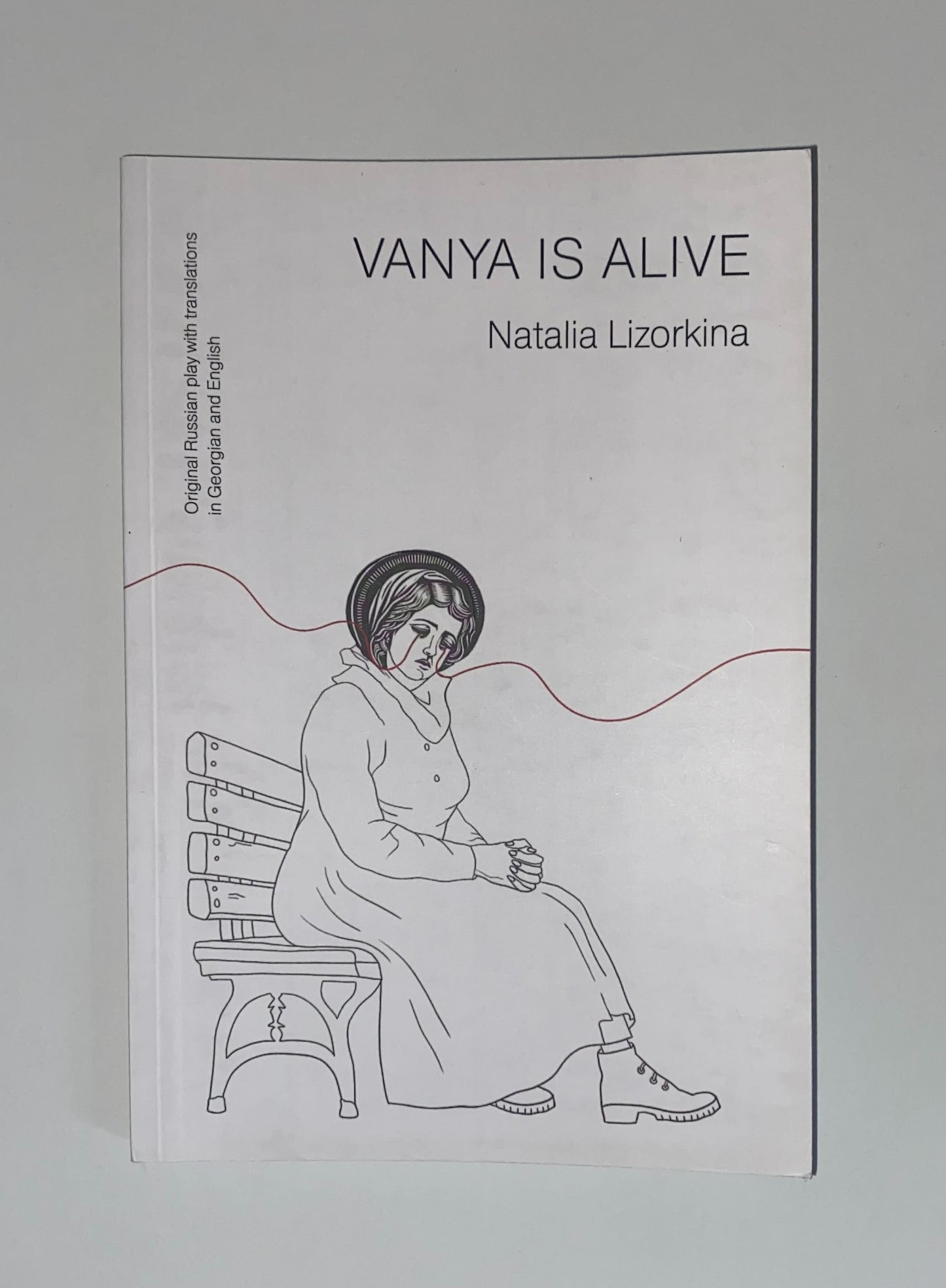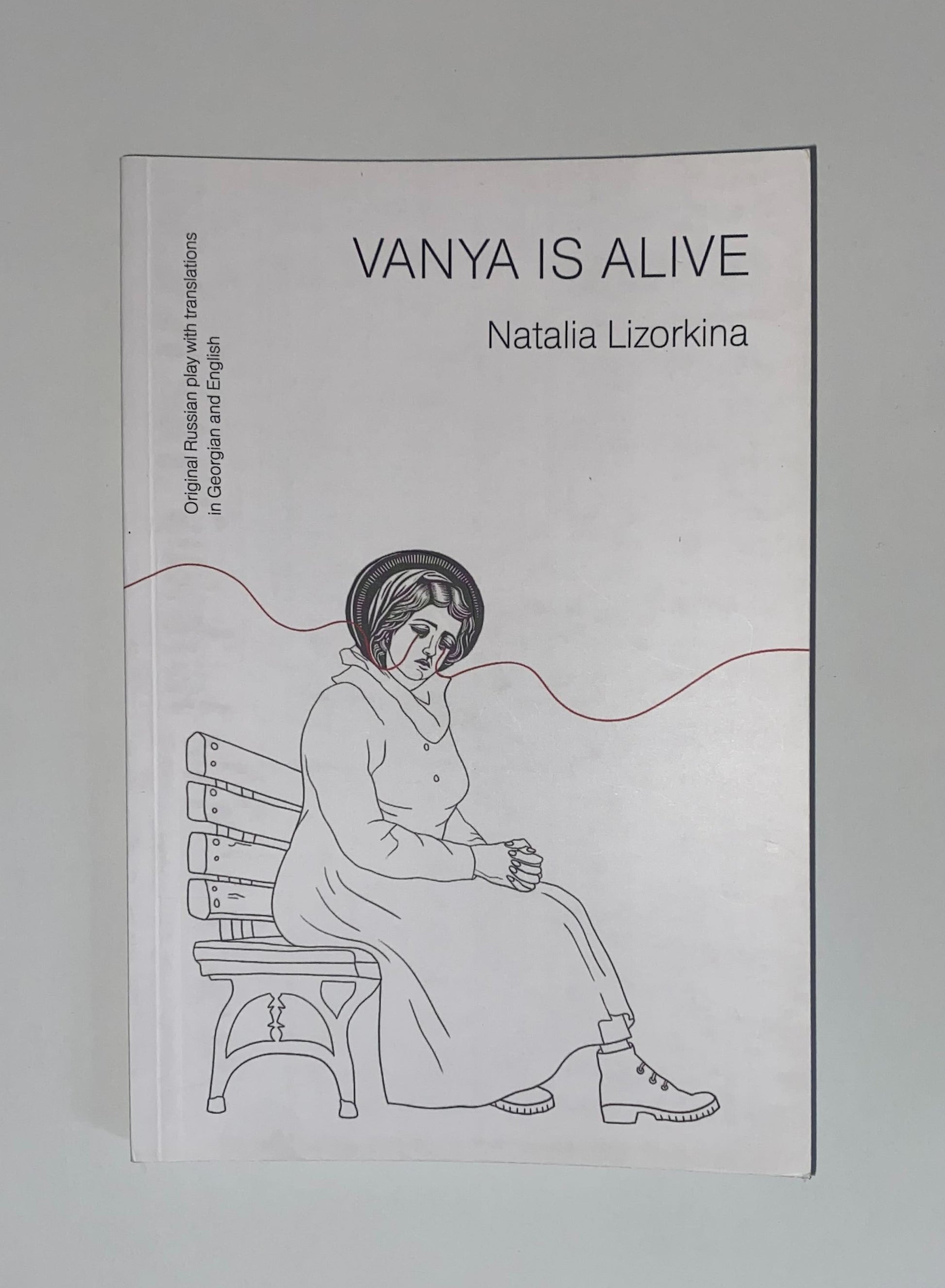Vanya is Alive by Natalia Lizorkina / Ваня жив - Наталья Лизоркина
"Lizorkina's refusal to make explicit political or military references renders the play all the more powerful. Violence is instead observed through personal suffering in the face of institutional oppression and the hostility and fear of fellow citizens" - Andrew Jack, Financial Times
«Ваня жив» Наталии Лизоркиной — пронзительная история матери, потерявшей сына на необъявленной войне и оказавшейся в перевернутом мире, где «война» значит «мир», а «в плену» — «абсолютно свободен»
Vanya is Alive, by Natalia Lizorkina, tells the poignant story of a mother who has lost her son in an inexplicable war, and finds herself living in an upside down world where "war" means "peace", and "captivity" means "absolute freedom".
В марте 2022 года я сидела в Москве и не знала что делать дальше. Казалось, что у меня как у драматурга нет морального права писать о чем-либо. Но эту пьесу я не писала. Она пришим ко мне сама. Я думала о ней, но никак не могла подобрать ключ к ее расшифровке, пока не наткнулась на старые советские письма. Она были написаны во времена, когда действована военная цензура. В первом письме автор писал, что №. (вероятно, один из членов семьи) здоров и чувствует себя хорошо. А уже в следующе письме говорилось, что №. жив. И я поняла, таким странным образом некто сообщает о смерти этого самого №. Я почувствовала связь с автором писем, потому что тоже существовала в пространстве немоты в стра но искала язык, который позволил бы мне говорить. Так и был найден ключ к моей тех Оставалось только сесть и записать ее. - Наталья Лизоркина
In March 2022, I was in Moscow and did not know what to do next. As a playwright, it seemed that I had no moral right to write about anything. But I didn't actually write this play. It rather came to me by itself. I was thinking about it, but could not find the key to decipher until I came across old Soviet letters. They were written at a time when military censorship was in effect. In the first letter, the author wrote that N (probably one of the family members) was healthy and feeling well. But already in the next letter it was said that N was alive. And I realized that someone reported the death of that N in such a strange way. I felt a connection with the author of the letters, because I also situated in a space of numbness and fear but I was looking for an allegoric language that would allow me to speak. And so the key to my play was found. All that was left was to sit down and write it down. - Natalia Lizorkina
Original Russian play with translations into Georgian and English.
Share

You Also Viewed

Vanya is Alive by Natalia Lizorkina /...
